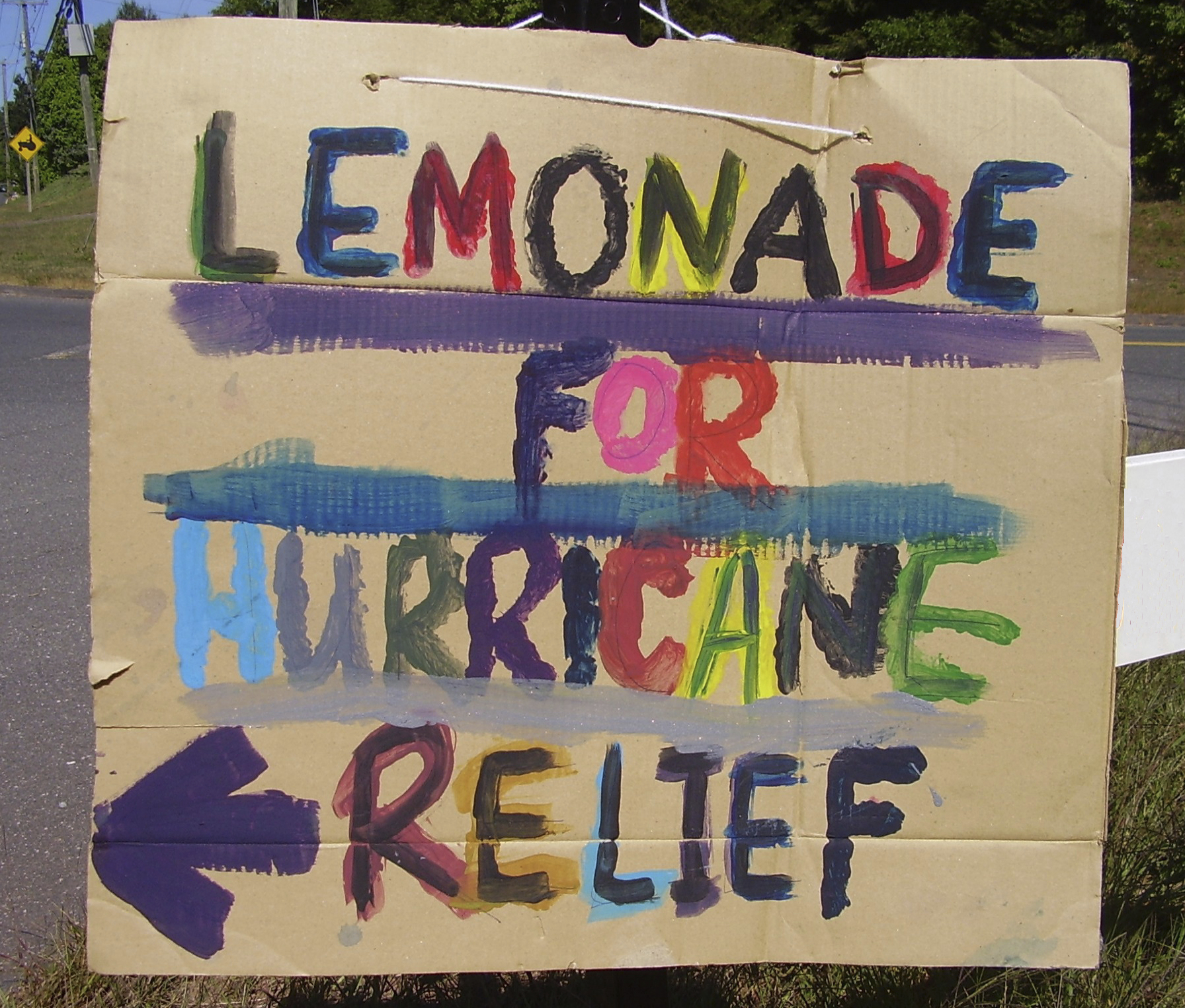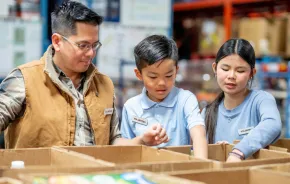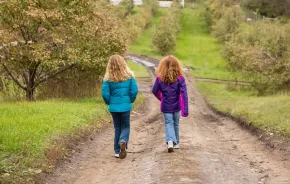 I’ve been wondering about how to explore the concept of philanthropy with my kids. I realize that such a large concept feels sort of intangible.
I’ve been wondering about how to explore the concept of philanthropy with my kids. I realize that such a large concept feels sort of intangible.
In one of my early blog posts, I explore the definition of philanthropy. But I now realize it goes beyond just giving your time, talent and treasure.
The concept of philanthropy encompasses how you choose to manifest your values to the world. Philanthropic advisor Sarah Hopper really hit the nail on the head when she explained this to me.
Hopper used to work for the Seattle Foundation for about 10 years before she branched out to start her own business. During the initial process of identifying her new niche in the world of finance, she spent several months meeting with many financial advisors and asking them what was missing. A common theme emerged from these conversations: Helping couples involve their children in the process of philanthropy.
In her business, Sound Philanthropy, Hopper helps clients articulate their purpose for giving. Ultimately, this leads to the development of an operational plan to make this vision happen.
Hopper and I chatted over a snack, and we explored some ways in which families can start the process of integrating philanthropy into their home life.
Create traditions in your home
Philanthropic actions can be inspired by simple traditions. For example, when the holiday season is over, Hopper and her family take their Christmas tree to the woods and decorate it with apples and pine cones covered with peanut butter for the animals to eat. The kids love animals and this is a way for them to demonstrate their caring and empathy for animals in the wild. In my family, we do gratitudes every week and during the holidays we write notes of appreciation to each family member.
Tell stories and share experiences
Parents are so busy focusing on their children, making sure they get enough to eat, enough sleep, good education, etc. that they often forget to share their own daily experiences with the family. “Instilling values in kids happens in a series of small conversations over time,” Hopper emphasizes. “Let them know what you do in the world — be more transparent,” she adds.
Looking back at my childhood, I am reminded that my father wrote many, many letters in support of scientists who were involved in human-rights activities. Even then, I remember thinking it was pretty neat that he actually cared about activists halfway around the world speaking out about something they believed in.
Begin financial education early
The concept of share, save, spend can be introduced to children when they are young. It is also important to examine your own relationship to money and how it influences your world view and decision-making processes.
 Participate in random acts of kindness
Participate in random acts of kindness
The way we interact with others in the community cultivates compassion and provides wonderful role modeling for children. And it can be so simple: bringing a sick neighbor a meal, holding the door open for people, or offering to watch a friend’s child.
Engage in volunteer activities
Focus on age-appropriate opportunities that resonate with children. Kids often have a hard time relating to the larger issues of homelessness or hunger, so starting small can help to make these concepts more tangible. Participating in a food drive or collecting warm clothing for example.
Find mentors
It takes a village to nurture and educate a child. Find someone you trust to help guide your children. Aunts/uncles, friends, religious leaders, coaches, grandparents are all good resources. Parents can’t and shouldn’t do it all! A caring adult other than a parent is an important developmental asset that ensures a healthy and thriving young person.
Make sure kids have a voice in the process
This means you may have to let go of what you want for them and your own beliefs. Kids have wonderful perspectives and need to be heard.
Check out the resource page on Sound Philanthropy. Hopper recommends starting with the “Getting Started” and “Involving Kids” guides.









